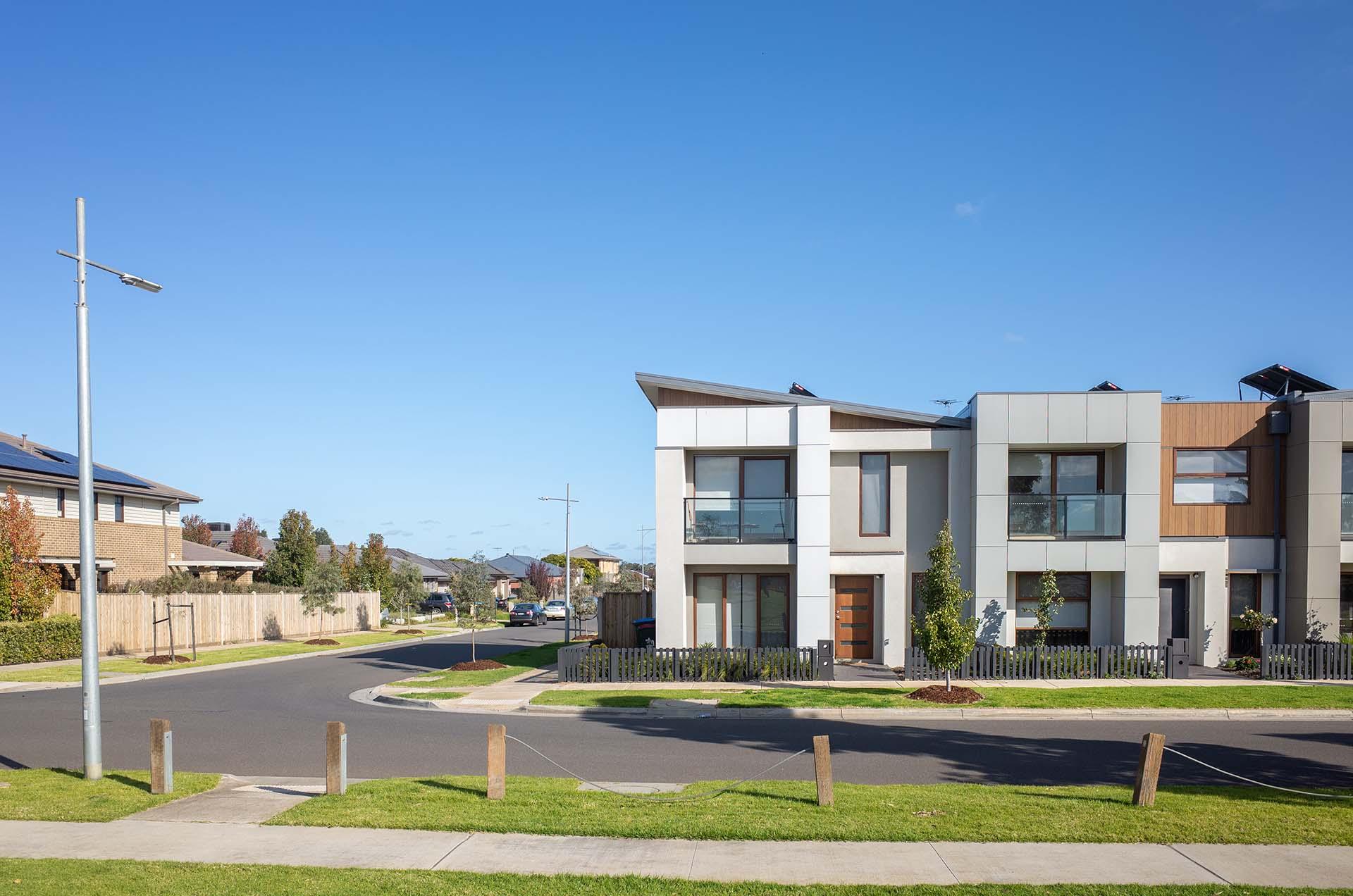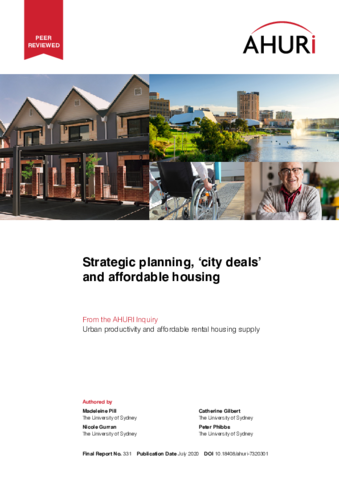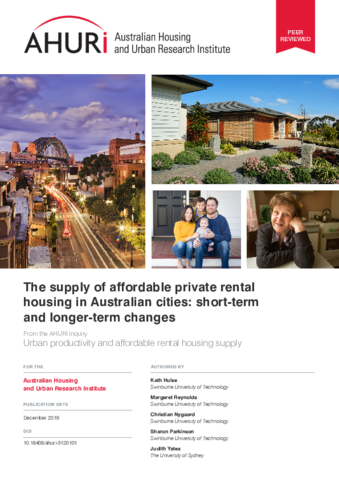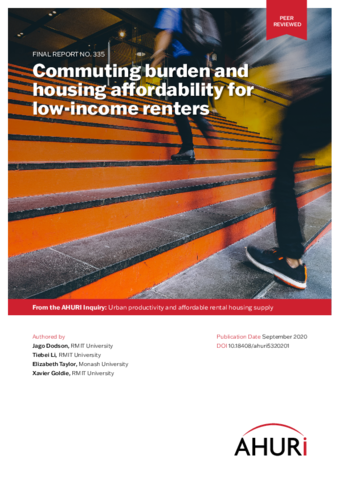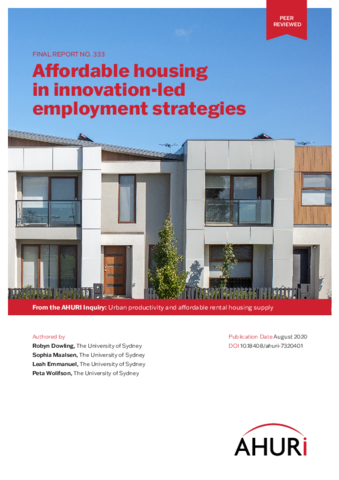This research investigates the role of affordable rental housing in supporting innovation-led employment growth in Australia’s metropolitan and satellite cities. It explores what possibilities for affordable housing are provided by innovation districts (and hence by smart city strategies), especially for regional and outer metropolitan areas.
The smart city movement offers technological solutions to urban problems such as waste management, community engagement and environmental sustainability. Internationally, a key driver for the popularity of smart city initiatives has been their potential to deliver economic benefits for cities and their governments, businesses, and citizens, and their ability to increase competiveness.
International evidence shows that without mandating spaces for low-/no-income earners through inclusionary zoning or other regulative measures, housing affordability in knowledge economies can quickly lose out to market pressure, reducing housing affordability and displacing many lower-income earners and long-term residents.
Regulatory and planning interventions commonly used to mitigate the negative effects of rising housing costs include inclusionary zoning, tax subsidies, new zoning frameworks and provision of land or subsidies for low-income housing providers. Inclusive planning is central to urban productivity, innovation districts require an ecosystem of established firms, startups and emerging businesses and public ‘anchor’ institutions (such as hospitals, universities and cultural institutions) to thrive.
Diversity in housing provision is an important mechanism when responding to the needs of the innovation workforce. If workers—particularly fledgling entrepreneurs—are unable to secure housing in, or within easy reach of, innovation districts they are less likely to seek employment there; this deterrent, in turn, reduces the economic competitiveness of such districts.

